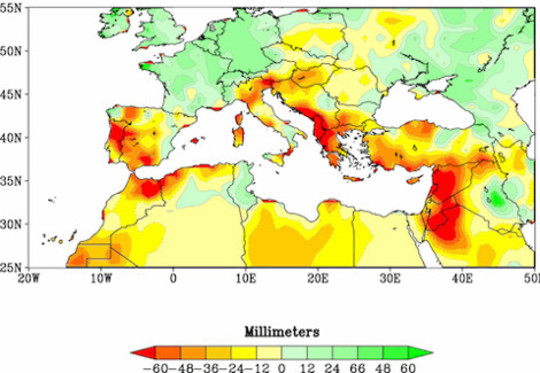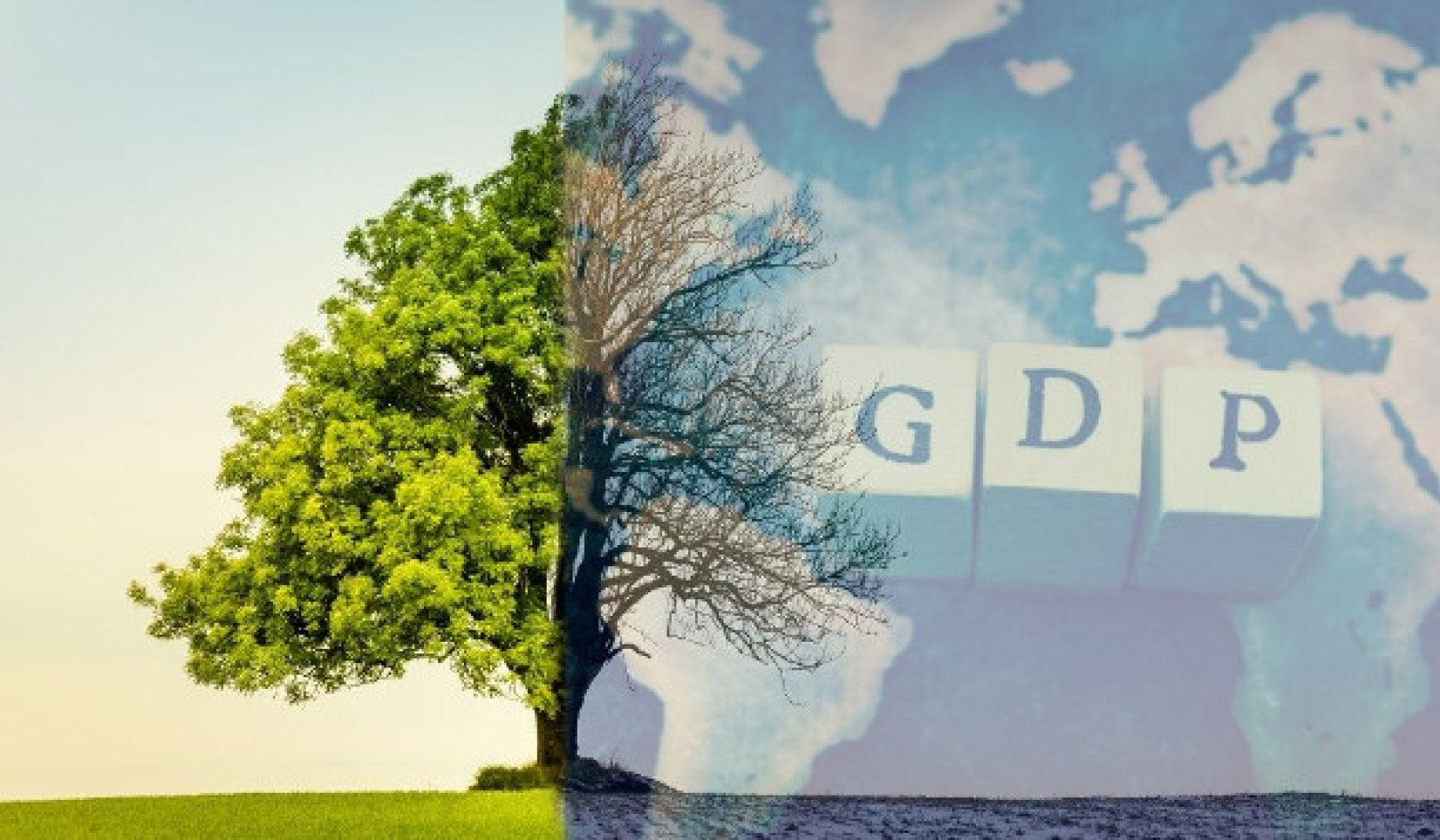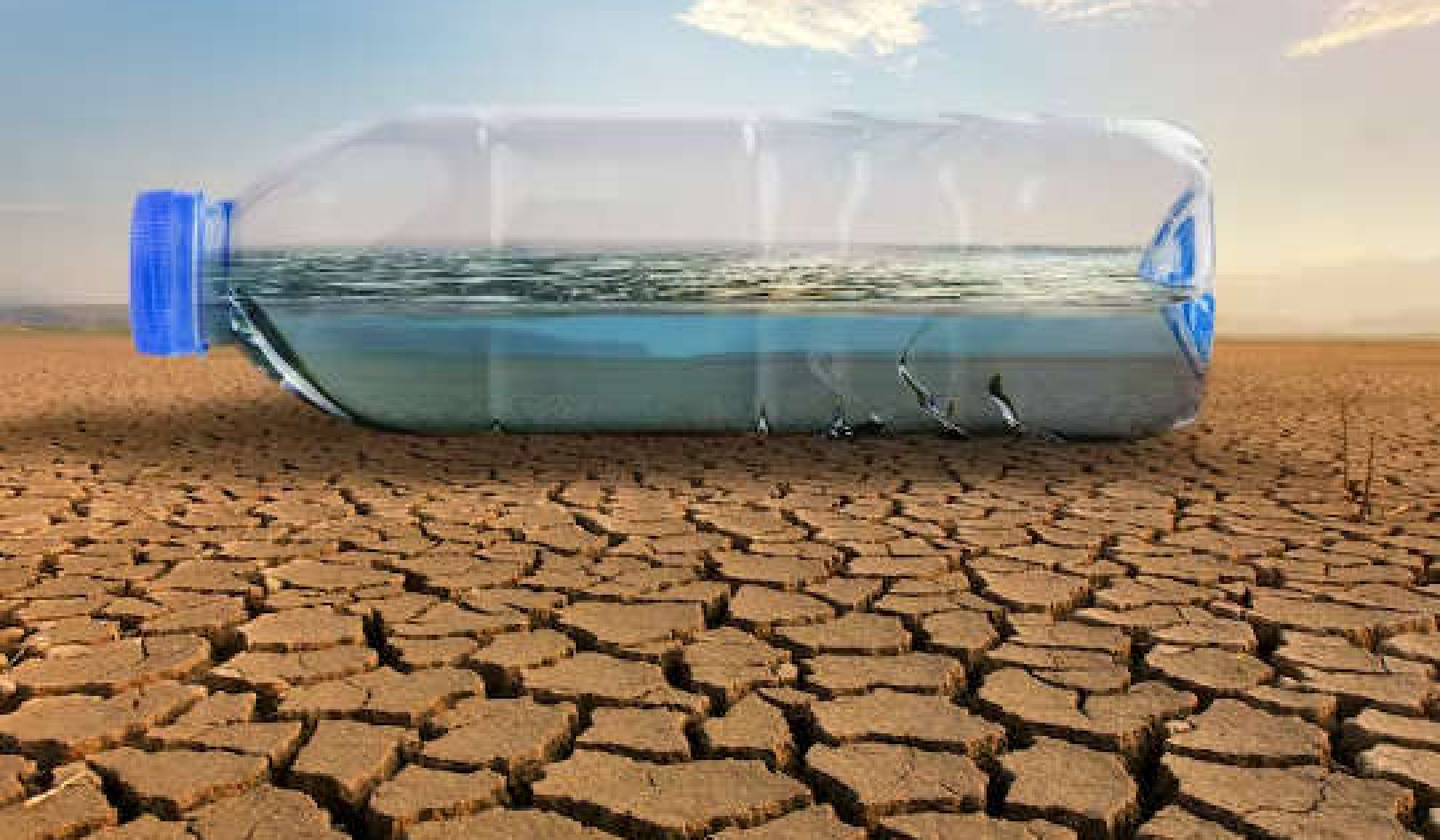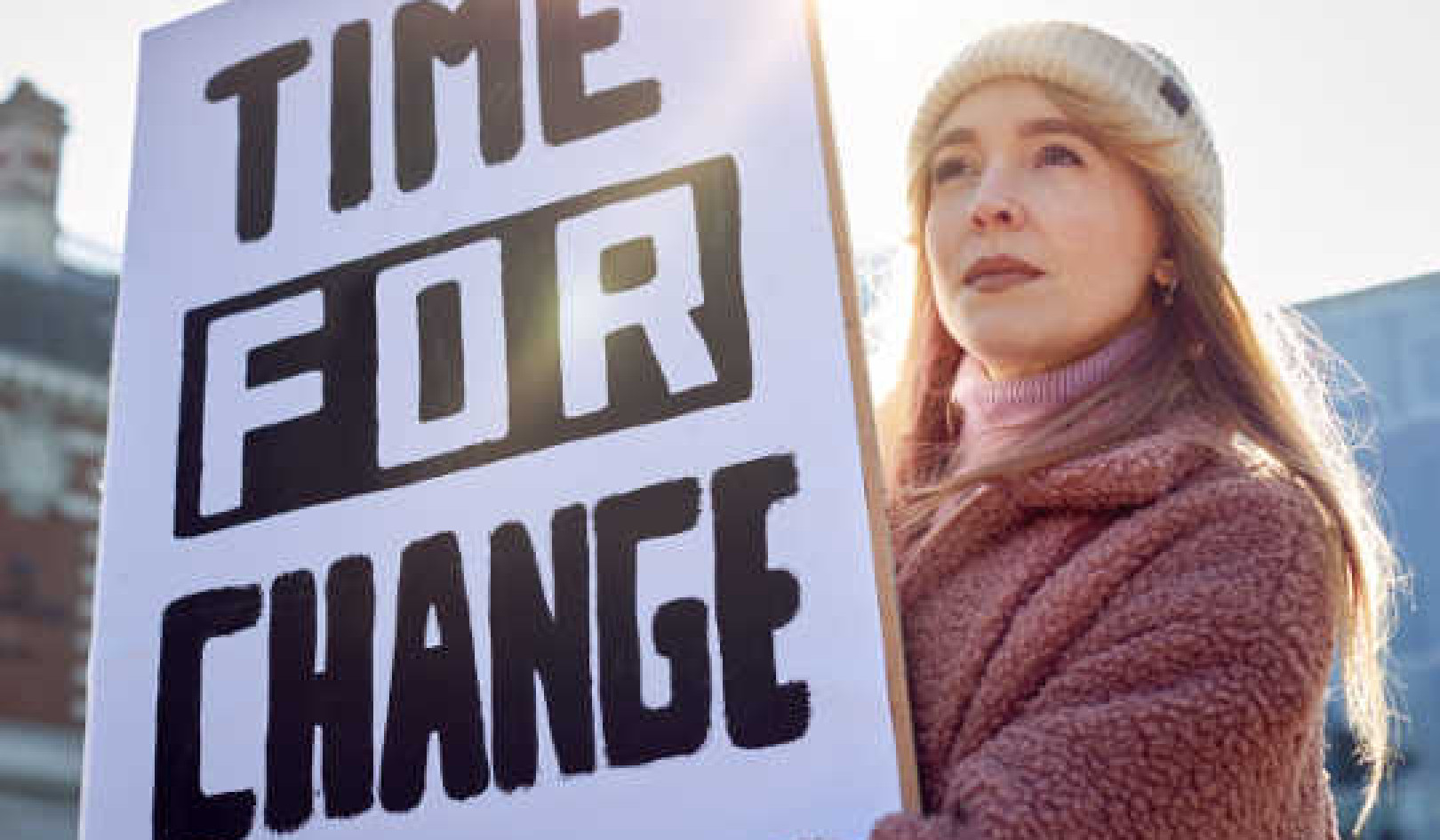
Arab Summer: Warming-Fueled Drought Helped Spark Syria’s Civil War
Joe Romm, Think Progress - With our country facing tough choices about Syria, Moyers & Company’s John Light had a great piece on Friday: “Drought Helped Spark Syria’s Civil War — Is it One of Many Climate Wars to Come?” He interviewed one of our favorites, Francesco Femia, co-founder of the Center for Climate and Security, which has an advisory board of retired military commanders and foreign-policy experts.
Back in March 2012, Climate Progress ran a piece co-authored by Femia, in which he explained, “Syria’s current social unrest is, in the most direct sense, a reaction to a brutal and out-of-touch regime and a response to the political wave of change that began in Tunisia early last year. However, that’s not the whole story.”
It’s now increasingly clear that the climate models that had been predicting the countries surrounding the Mediterranean would start to dry out were correct (see “NOAA: Human-Caused Climate Change Already a Major Factor in More Frequent Mediterranean Droughts,” the source of the figure at the top).
In his interview with Light, Femia explains the role of drought in the conflict:
Drought Helped Spark Syria’s Civil War — Is it One of Many Climate Wars to Come?
John Light, Moyers & Company - Climate change is already hurting the world’s most vulnerable populations. Those who live in areas hit hard by drought, severe storms or rising seas and can’t relocate because of economic or social factors bear the brunt of our planet’s increasing volatility.
One way the changing climate has already made itself known is through a devastating drought — and ensuing food shortage — in Syria; it created a powder keg, and played a significant role in sparking the country’s civil war. We can expect to see similar scenarios unfold in the future.
Moyers & Company’s John Light spoke with Francesco Femia, co-founder of the Center for Climate and Security — a think tank with an advisory board consisting of retired military commanders and international affairs experts — about how climate change serves as a “threat multiplier” in volatile regions such as Syria, Egypt and Pakistan, and what America’s role should be in a world in which climate change increasingly exacerbates — and causes — international crises.























